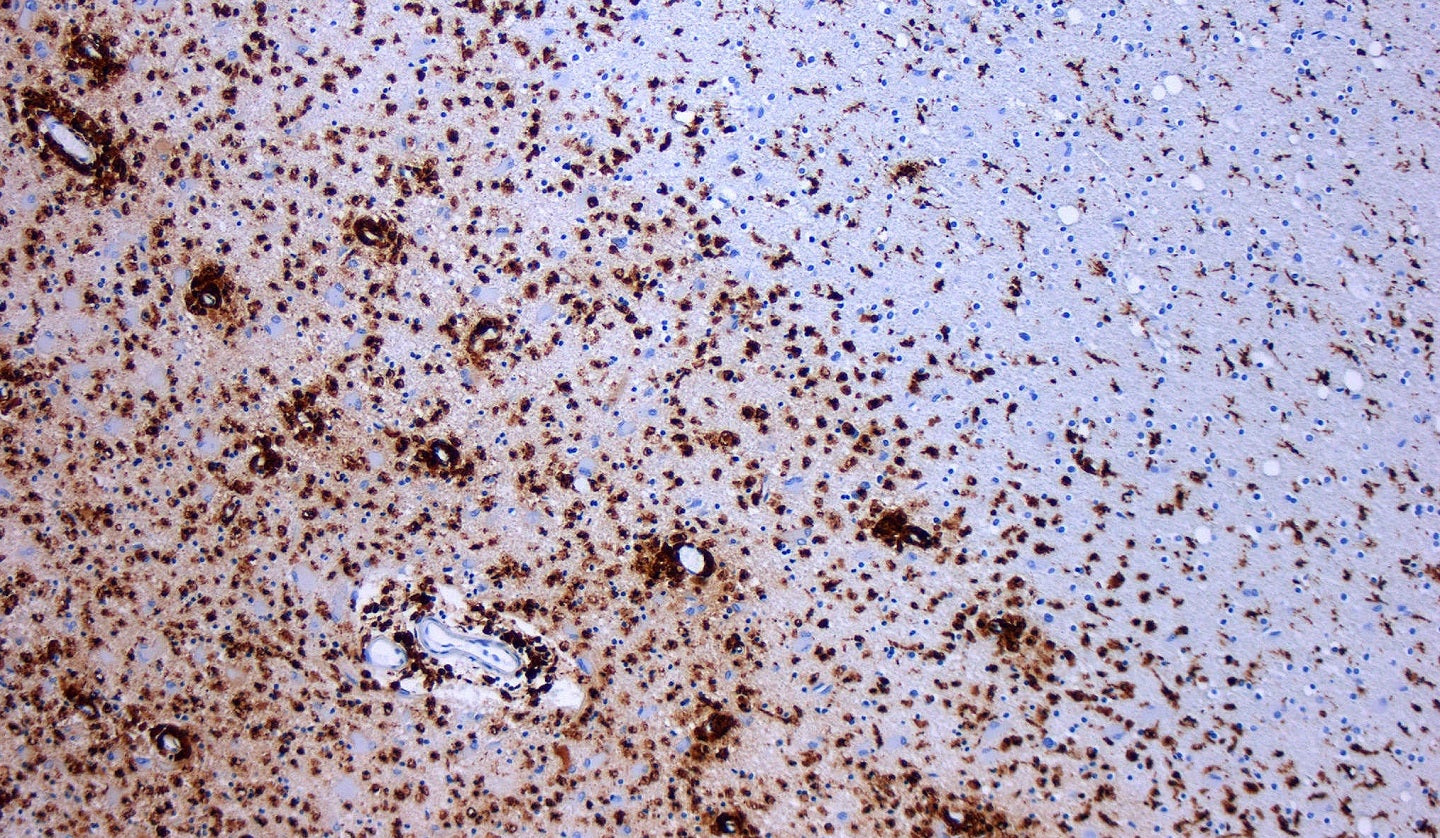
LAPIX Therapeutics has secured a US patent for LPX-TI641, its orally administered Tim3/4 agonist for regulatory T cell (Treg) expansion for the treatment of autoimmune diseases.
Patent number 11,648,225 has been issued by the US patent and trademark office.

Discover B2B Marketing That Performs
Combine business intelligence and editorial excellence to reach engaged professionals across 36 leading media platforms.
LPX-TI641 restores the Treg population using an antigen-agnostic method to treat autoimmune diseases.
It is being developed for neuro-autoimmune indications including multiple sclerosis (MS) with an aim to widen its usage to other indications.
The therapy’s Phase I trial is anticipated to begin enrolment in July this year.
Autoimmune diseases including MS are characterised by loss of self-tolerance [the ability of the immune system to recognise self-produced antigens as a non-threat while appropriately mounting a response to foreign substances]. They are mostly related to the downregulation of functional regulatory T and B-cells (Treg and Breg) as well as the upregulation of autoreactive pathogenic T helper type 17 and type 1 T cells (Th).

US Tariffs are shifting - will you react or anticipate?
Don’t let policy changes catch you off guard. Stay proactive with real-time data and expert analysis.
By GlobalDataLPX-TI641 enables the adaptive immune system to restore self-tolerance by reinstating the autoimmune diseases-related Treg/pathogenic T-cell imbalance, without impacting the innate immune system and inducing lymphocytopenia or leukopenia.
LAPIX Therapeutics CEO and co-founder Anas Fathallah stated: “Treating autoimmune diseases by re-establishing self-tolerance in an antigen-agnostic manner with an orally administered therapeutic is a new approach that will unleash the power of immune tolerance while breaking free of the limitations of yesteryear’s antigen-specific immune tolerance approaches.
“This is very promising for the treatment of autoimmune diseases in general and MS in particular.”




